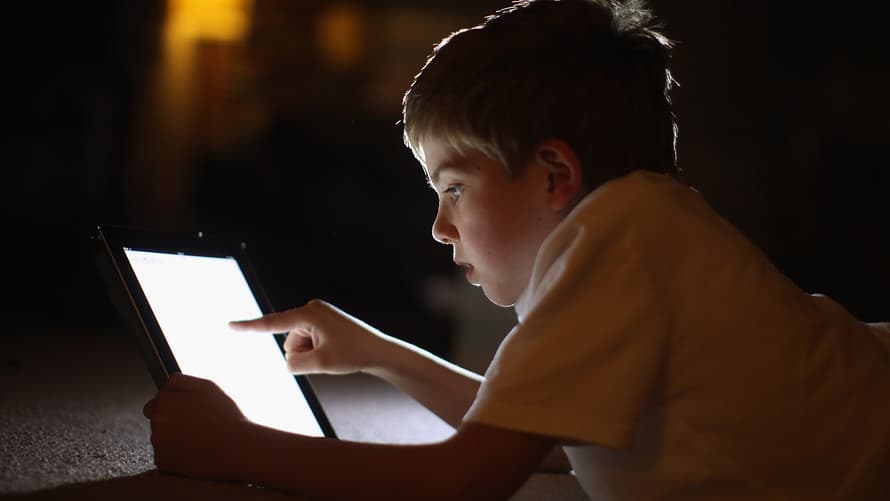
Understanding the Disease of Addiction
Many a time, a family brings their patient to me, explaining how their patient despite the best of their efforts is not able to quit….
In today’s modern world, children are increasingly exposed to screens, whether it be through television, tablets, smartphones, or computers. While these devices can be useful for entertainment, learning, and communication, excessive screen time has been linked to negative impacts on a child’s development.
One of the most concerning effects of screen time on children is its influence on their physical health. Excessive screen time has been linked to a sedentary lifestyle, which can lead to obesity, poor posture, and even vision problems. In addition, children who spend more time looking at screens may experience a delay in their motor development, as they miss out on opportunities for physical activities that help develop their gross and fine motor skills.

Screen time can also affect a child’s cognitive development. Research suggests that excessive screen time can lead to attention problems, decreased ability to focus, and poor memory. This is because children who spend more time in front of screens are often exposed to fast-paced, visually stimulating content that can be difficult to process, leading to cognitive overload.
Furthermore, screen time can sway a child’s social and emotional development. Excessive screen time has been linked to poor social skills, increased aggression, and a lack of empathy. Children who spend more time on screens may have fewer opportunities to interact with peers and engage in activities that develop their social skills. They may also be exposed to violent or inappropriate content that can impact their emotional well-being and development.

While screen time can have negative impacts on a child’s development, it is important to note that not all screen time is created equal. The type of content a child is exposed to and the context in which they use screens can make a big difference. For example, educational programming that is age-appropriate and interactive can have a positive impact on a child’s development. Similarly, screen time that is used for social connection, such as video chats with family members, can also have positive effects.
To ensure that screen time does not harm the child’s development, parents and caregivers need to set limits and guidelines around screen use. The American Academy of Paediatrics recommends that children between the ages of 2 and 5 have no more than one hour of screen time per day, while children over the age of 6 should have other activities that promote physical activity, social interaction, and learning, such as outdoor play, family meals, and reading together.
In conclusion, excessive screen time can have negative impressions on a child’s physical, cognitive, and social-emotional development. However, not all screen time is created equal, and the context in which screens are used can make a big difference. By setting limits and guidelines around screen use, parents and caregivers can help ensure that their child’s development is not negatively affected by excessive screen time.
For any query related to child mental health or any kind of development issues like speech delay, ADHD, ASD, learning skills and behavior issues, you may consult the top child development specialists for better consultation. Early intervention can help you in avoiding further consequences in future for mental health.

Many a time, a family brings their patient to me, explaining how their patient despite the best of their efforts is not able to quit….

Stress is a functional part of life. Without stress, we might not be able to perform actively…

We all know that exchanging information is communication but are we effective at it? …

In India, it is quite common for us to take care of our parents…
WhatsApp us